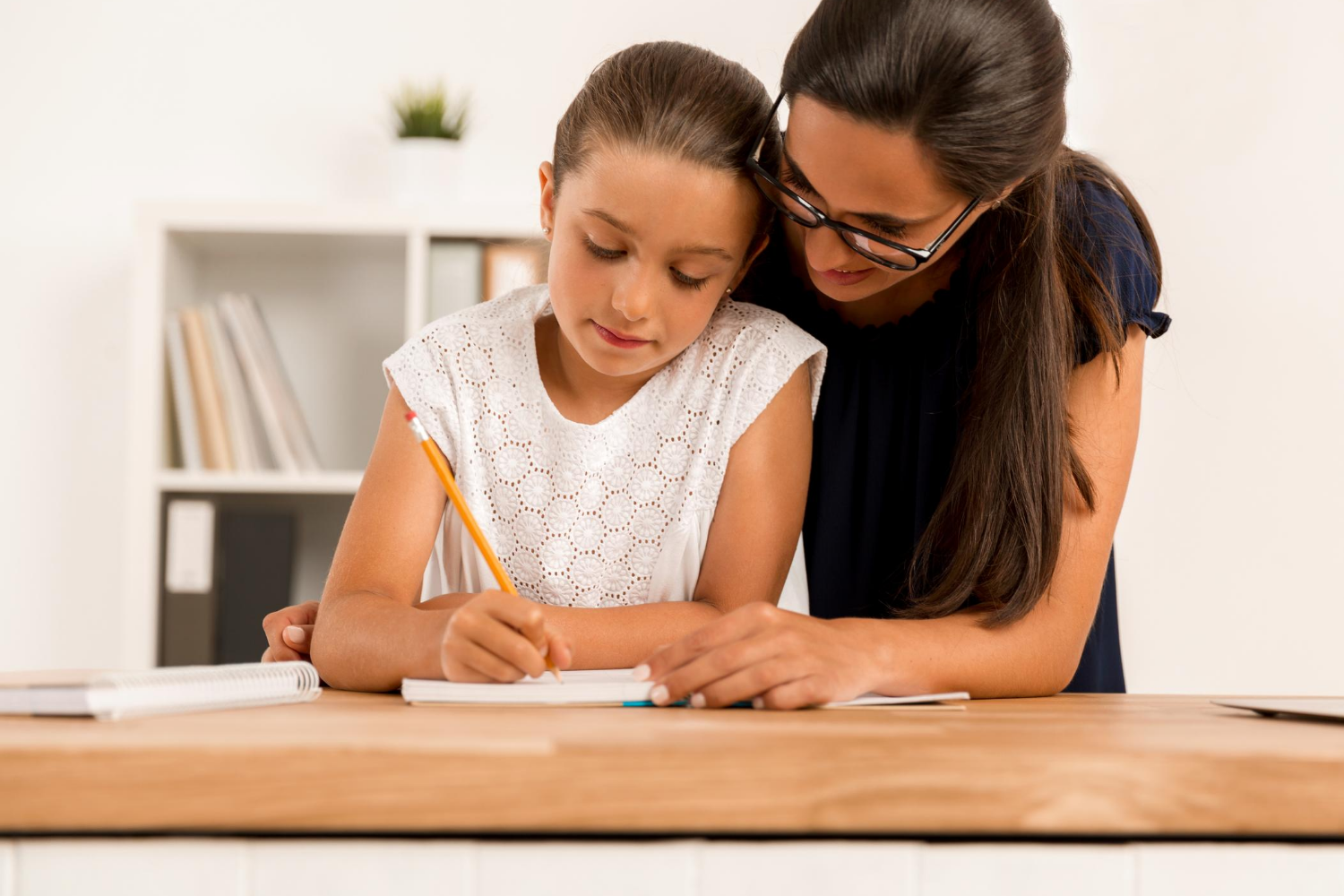The number of “homeschooling” students learning online has grown exponentially during the past decade, and it’s been no accident.
The US government has contracted private businesses such as K-12 to provide an online education for your child. And virtual schools are nothing less than capitalistic enterprises with marketing budgets large enough to convince you that virtual schools are best.
BUT ARE THEY?
There is overwhelming evidence that virtual schools provide a sub-par education.
THE FACTS
1) One need not look very far to find the evidence. Consider this: 54.6% of virtual high school students graduate within four years compared with 85% of high school students nationally, according to the National Education Policy Center at the University of Colorado Boulder.
But even if virtual schools did provide a good education, what effect does online learning have on a child’s social and emotional development?
Social Development
2) A lack of proper social development is a matter that should concern us tremendously. To develop excellent social skills, one must socialize.
To put your child in front of a computer all day, and expect that he'll grow up to be a socially-adept person is wishful thinking.
It would be like confining a child to a playpen and expecting him to learn how to run.
Daniel Goleman first pointed out in the 1990s that emotional intelligence, which includes good social skills, is vitally important to a person's ability to do well in life.
People with high EQ tend to function better in their personal and professional relationships leading to less stress and greater happiness. Let us not forget that personal relationships also include the parent / child relationship.
Ancient philosophers understood the importance of emotional intelligence, and many modern studies have confirmed Goleman’s findings.
Even if we had no studies, we have our common sense.
Screen Addiction
3) Another oversight by us is the idea that a child can study at a computer all day and not develop the habit of using the computer. What we do every day becomes our habits and forms who we are.
Who do you think will be at a higher risk for gaming or internet addictions: the child who plays sports, reads, and has an active social life or the child who spends a large part of his day in front of a computer?
We want our children to form good habits when they are young, so they grow up to live good lives.
The Virtual Teacher
4) What about the role the teacher plays in the child's learning process? A good teacher inspires a student to love the subject, and a good teacher motivates a child to work harder.
A good teacher influences a child to become a better student because the teacher develops a meaningful relationship with the child.
How can a computer screen with a teacher staring at you from the other end be a replacement for a teacher in the room? Can the image of you in a mirror ever replace you? Both have a real person behind them, but there is only one real person in the room.
Health Problems
5) Sitting in front of a computer all day causes health problems. Adults suffer all sorts of ailments from time spent in front of computers such as musculoskeletal injuries, headaches, poor vision, inability to focus, obesity, cardiovascular illnesses, and declining memories.
Why do we ignore the potential health risks for our children when they are in even more need of physical activity than we are?
Here are only 3 health issues we should consider, but there are more.
a. Myopia
Children who use the computer are at higher risk for developing myopia (nearsightedness), according to researchers. In the past few decades, as computer use has become more and more common for children, so has the necessity for reading glasses.
(Too early reading may cause this too.)
Myopia when young can lead to eye diseases long before a person is old. Sadly, myopia in students increased significantly during Covid when many young children were in front of computers and continue to be today.
b. Effects on Posture
Posture is also a problem because sitting at the computer causes us to slouch forward and tilt our heads back, which can lead to headaches, muscle strain, and chronic neck and back problems.
c. Obesity
Obesity amongst children has become a significant concern amongst pediatricians because of the physical and psychological health problems that accompany it like heart disease, musculoskeletal issues, and a lack of self-esteem, to name a few.
The Alternative
We have this idea that only "accredited" teachers can teach, but there isn't a proposition more ludicrous than this one.
As parents, we are always teaching our children.
Rather than using the virtual schools riddled with so many unwanted side-effects, why not homeschool your children with real books instead?
Learning from real books and a real teacher is more engaging, more fascinating, and more rewarding which will lead to overall better academic success.
Remove the computers, and your homeschool will become a place of constant social interaction with everyone in the family, naturally leading to closer families too.
It’s a win / win.
☞ Disclaimer: This is not a politically-correct blog.
Don’t miss our free download, Ten Books Every Well-Educated Child Should Read.
When you join the Smart Homeschooler Academy online course for parents, Elizabeth will guide you in homeschooling with the classics to raise brighter and more creative children.
Enroll using the link below and feel confident knowing you have the guidance and support you need to homeschool successfully.
For parents of children under age seven who would like to prepare their child for social and academic success, please begin with Elizabeth’s original online course, Raise Your Child to Thrive in Life and Excel in Learning.
Elizabeth Y. Hanson is a homeschooling thought-leader and the founder of Smart Homeschooler.
As an Educator, Homeschool Emerita, Writer, and Love and Leadership Certified Parenting Coach, Elizabeth has 21+ years of experience working in education.
She has developed a comprehensive understanding of how to raise and educate a child, and she devotes her time to helping parents to get it right.
Elizabeth is available for one-on-one consultations as needed.
*****
“Elizabeth has given us counseling and guidance to help us succeed with our home school planning. When I feel overwhelmed, scared, or lose my confidence, she offers words of wisdom and support.”
— Sherry B., Pittsburg, PA































